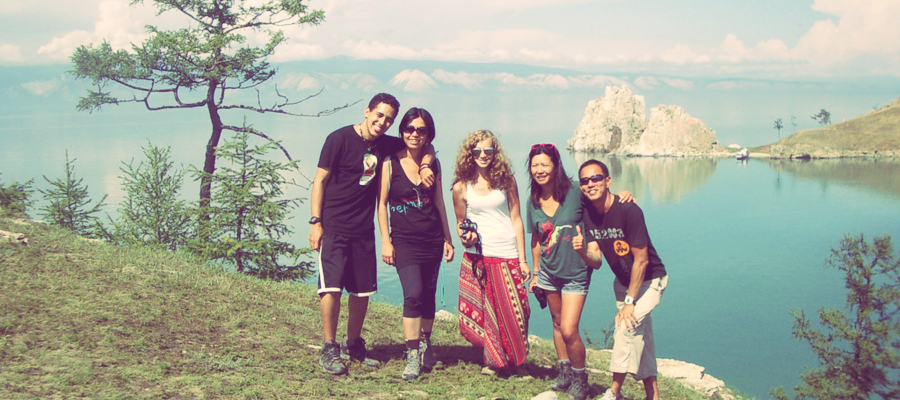
When I thought of Siberia, I remembered concentration camps, snowy winters and lots of unhappy Russians. Never once I imagined sandy beaches, scorching summers, and a load of happy tourists at Baikal, the oldest and deepest lake in the world.
I usually preferred a more authentic, off-tourist destination. However, I can’t recommend enough the tourist-trap Olkhon Island, the largest island in the middle of Baikal, a popular base for travelers to get lost in the tranquility and wide-open space.
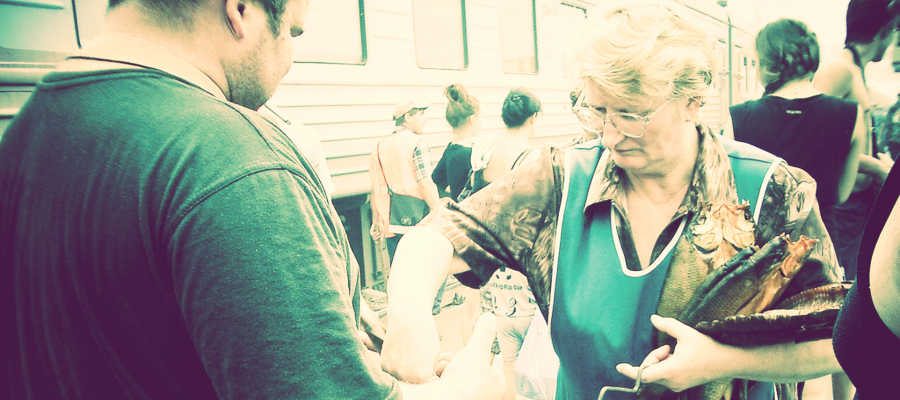
(See this post for tips on planning, traveling and transportation cost from Moscow to Beijing.)
There are many more popular stop-overs along the routes not only what listed below, for example, Novgorod, Omsk, Tyumen, etc. I stopped at fewer places because I preferred to stay longer at one place, and I became lazy to haul my heavy bags on and off the train.
The trains, the people and the stops.
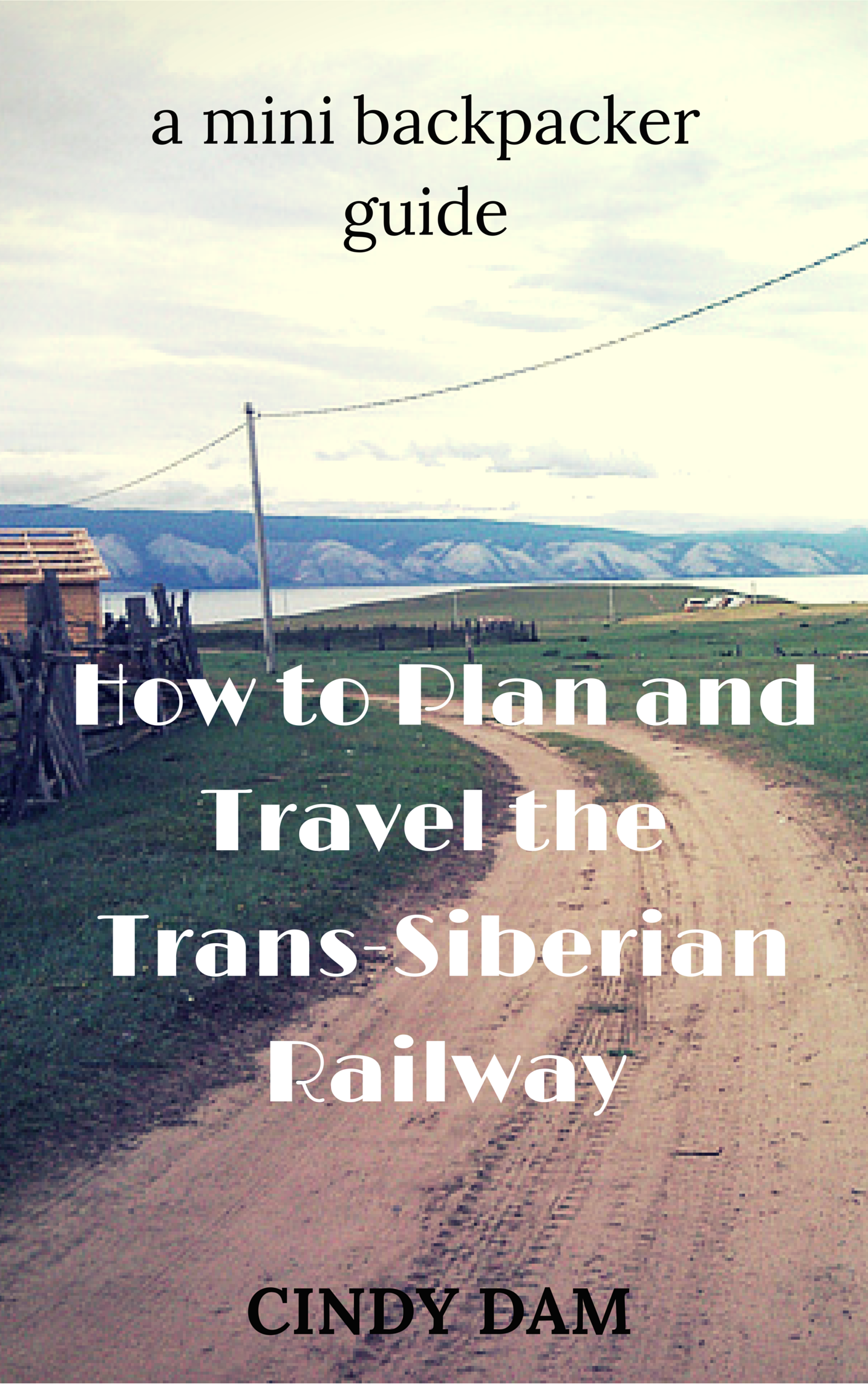
Traveling on the Trans-Siberian trains through the longest rail track in the world is an experience of a lifetime. Everybody has heard of the word Siberia, but only some have an idea where it is, and only a few want to get there.
Siberia is more of a concept than a place, unless you live there. Some might imagine danger when they think of Siberia. After all, Siberia is a former hang-out for exiles and convicts, an ice-cold place in a remote part of communist Russia full of Russian mafias.
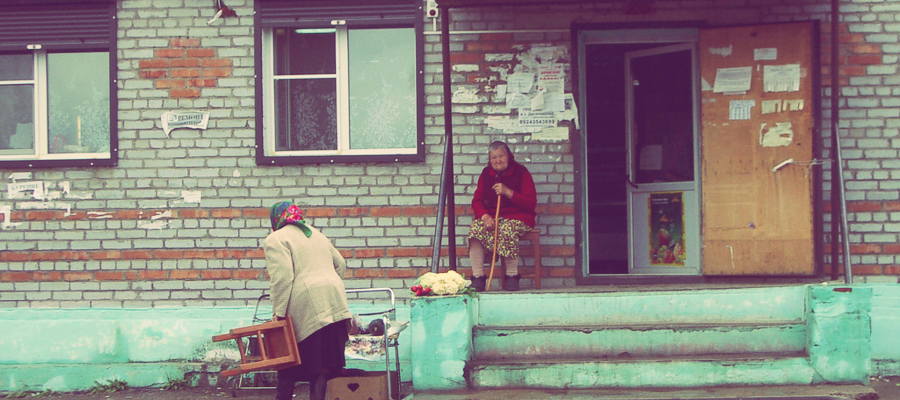
“Them, Us and Skitskoj (A Dialogue in the Editing Room)/ Oni, my a Skitskoj (Dialog ve st?ižn?)”, a Czech documentary about Old Believers living on the island of Skitskoj, an inaccessible taiga in the North of Russia, got me completely hooked.Skitskoj is isolated from the outside world by three rivers, the Pichora, Tsilma, and Pizhma. To get to the village, at one point, the film crew had to use a rudimentary hand-pulled cable ferry system. These Old Believers followed strict religious rituals to the point of obsession. Because of their extreme isolation, they distrusted outsiders.
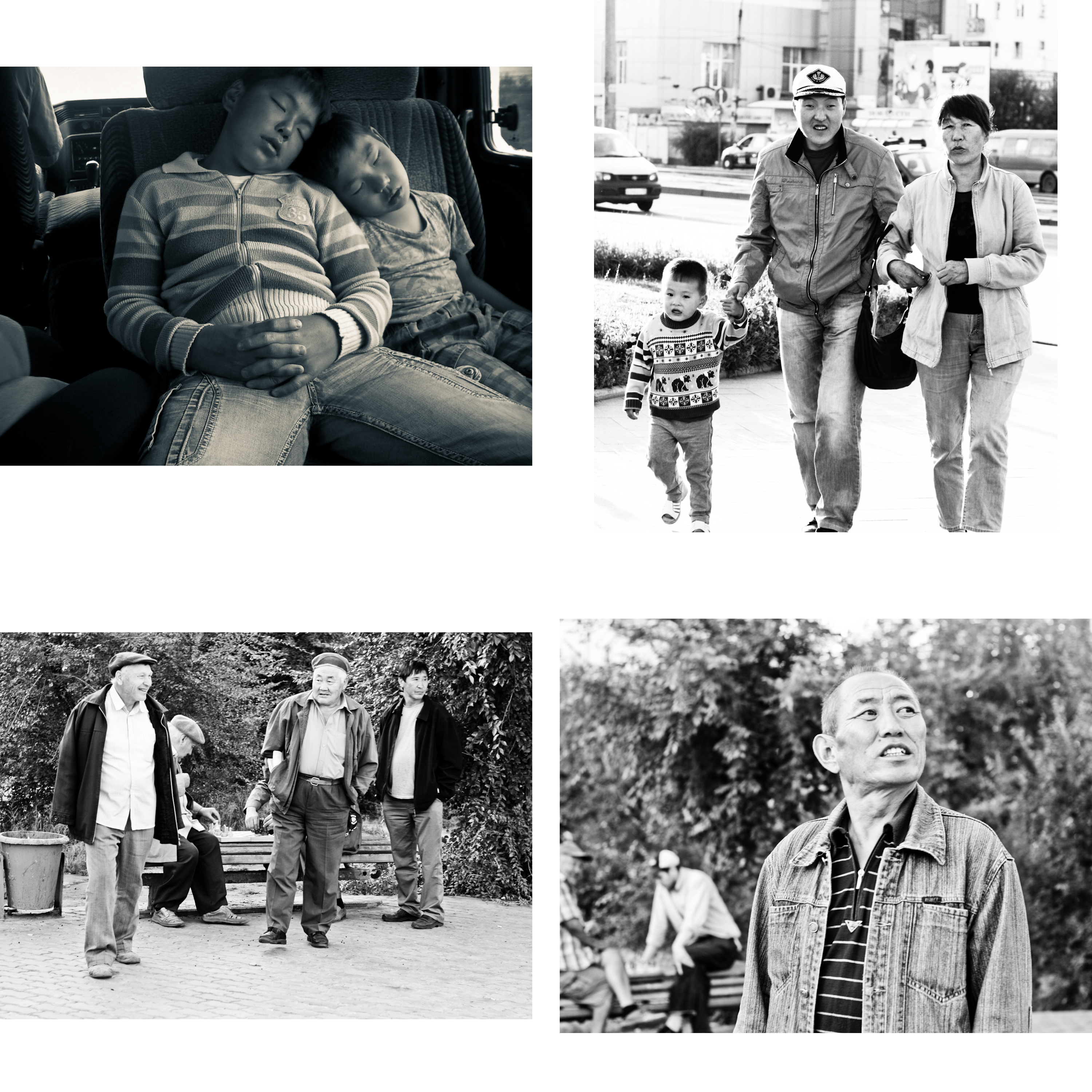
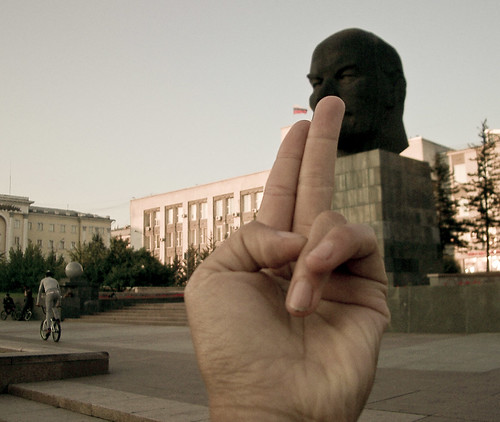 “Here looking at you kid,” said Humphrey Bogart to Ingrid Bergman in what was considered an all-time famous quote in the Hollywood classic “Casablanca.”
“Here looking at you kid,” said Humphrey Bogart to Ingrid Bergman in what was considered an all-time famous quote in the Hollywood classic “Casablanca.”
Ulan-Ude was no romantic Casablanca where Bogart’s character had a toast with his flame Bergman before letting her run off with her husband. Instead, it was a gray, noisy, crowded, ugly city in Siberia, and yet I felt the same effect seeing Lenin’s penchant eyes looking over the city, looking at me.
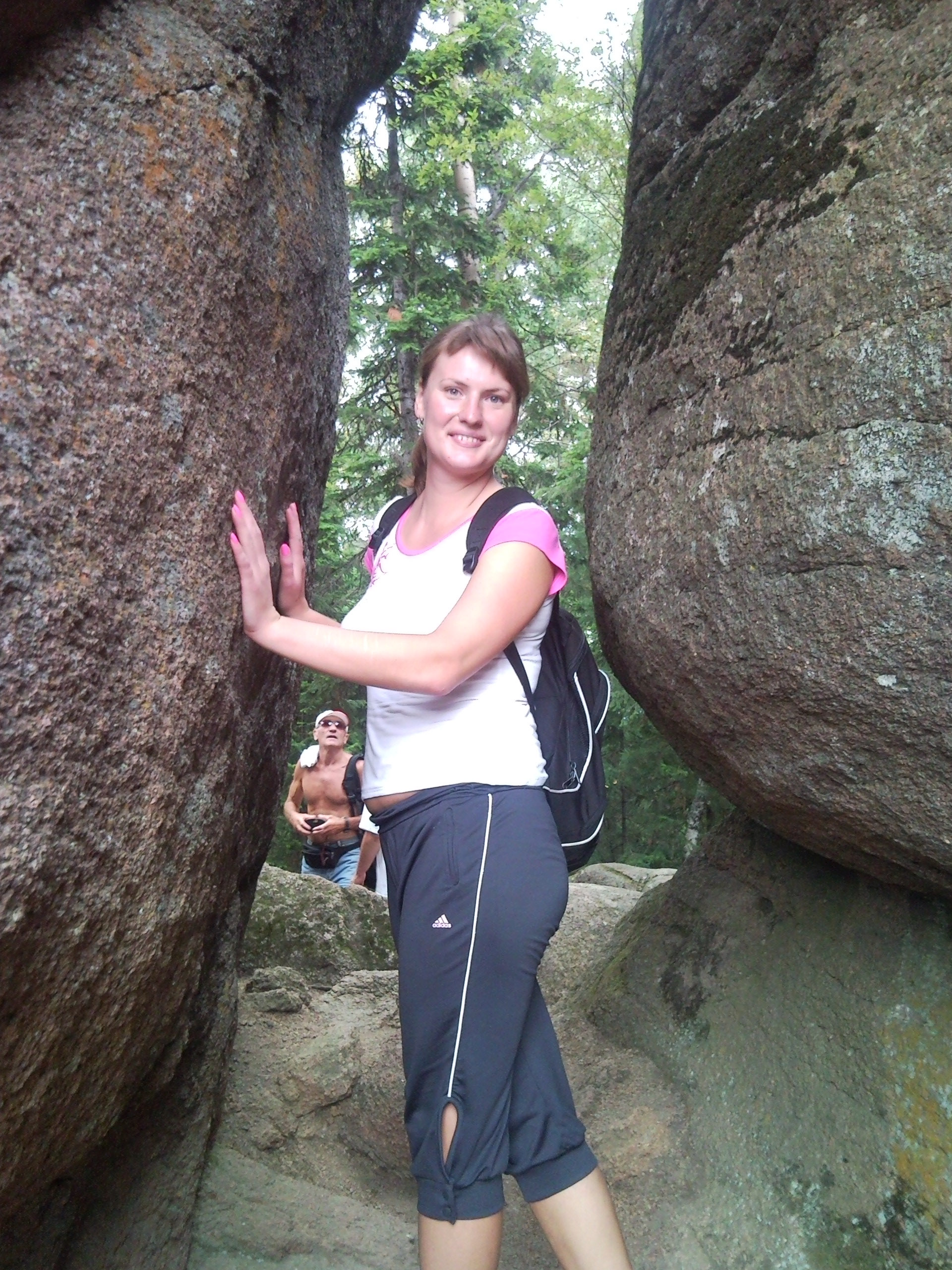
Siberia at last. Traveling to Siberia has occupied my mind in the last few years, but the name itself has struck a strange note ever since I was a child who was in awe of its vast snowy landscape and lonely Russian soldiers, peasants and convicts. At time, Siberia seemed forbidden and far away and being there was unthinkable, hence it took some time to comprehend that I would soon come to a part of my dream.
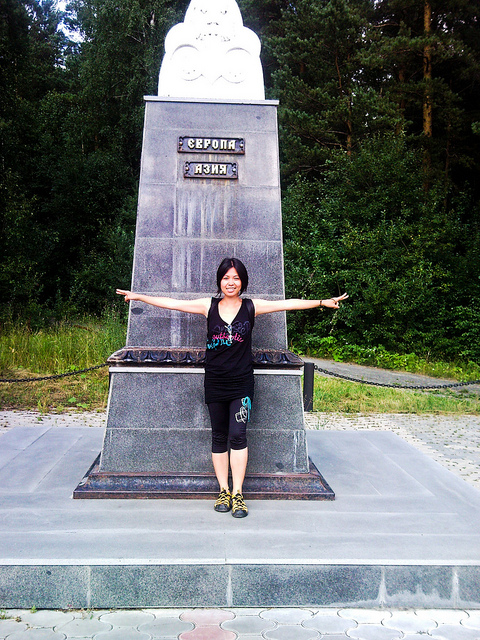
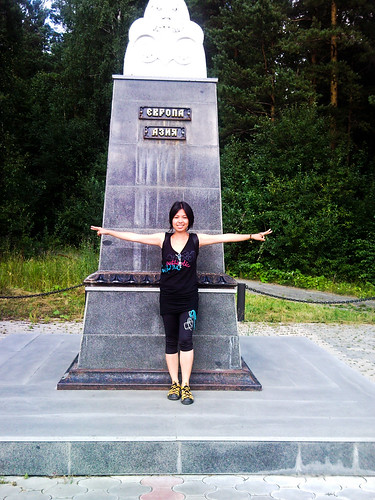 The border of Europe and Asia lies along the Ural mountains, dividing Russia into two continents. I have always considered Russia to be Europe as all Russians I know are Caucasians and so are the Russians I have seen on the news. Russia has played a key role in shaping European history and politics in the last century. Russia has participated in all major cultural European events. Blame it on Lonely Planet and all guide books which classify Russia as Eastern Europe. However, when I talked to many Russians, I often heard the phrase “going to Europe.” “But you’re in Europe,” I said. “No, we are not,” they replied. Perhaps Russians see Europe not only on geographical term but also on political and economical level. For them, I think, Europe means the European Union.
The border of Europe and Asia lies along the Ural mountains, dividing Russia into two continents. I have always considered Russia to be Europe as all Russians I know are Caucasians and so are the Russians I have seen on the news. Russia has played a key role in shaping European history and politics in the last century. Russia has participated in all major cultural European events. Blame it on Lonely Planet and all guide books which classify Russia as Eastern Europe. However, when I talked to many Russians, I often heard the phrase “going to Europe.” “But you’re in Europe,” I said. “No, we are not,” they replied. Perhaps Russians see Europe not only on geographical term but also on political and economical level. For them, I think, Europe means the European Union.
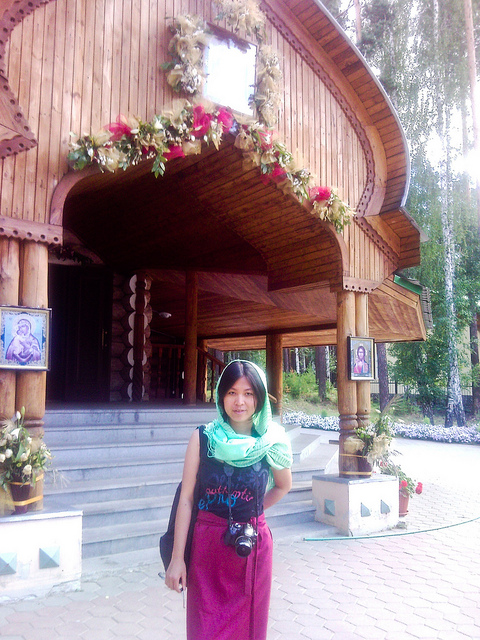
Sorry Hollywood but Anastasia was dead.
She died along with her parents, Tsar Nicolas II, Tsarina Alexandria and her four other siblings Olga, Tatiana, Maria, and Alexi. The Romanov spent their final days in Yekaterinburg before meeting their gruesome end in the hands of the Bolsheviks who feared the White Army would rescue the former royal family and used it as the pretext to fight against the Red Army. The entire family was shot and stabbed by bayonets. Their bodies were carried away and dumped them in the mine shaft outside Yekaterinburg.
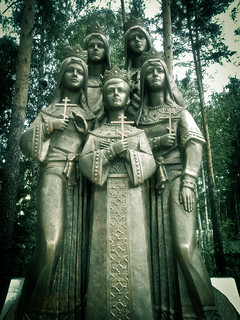
The children of the Tsar
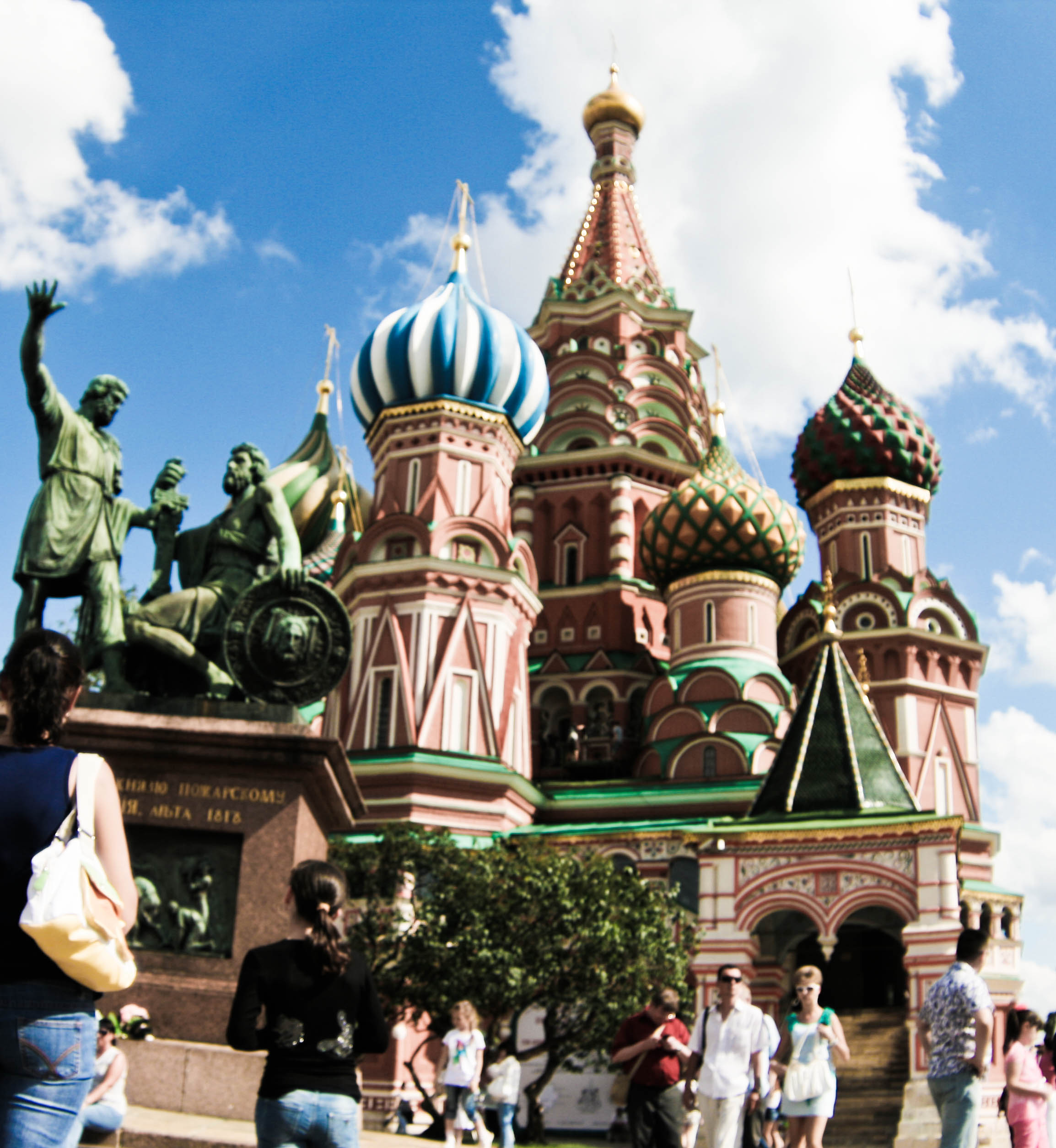
Many of my friends and travel guides had warned me about the stiff prices in Moscow, but somehow I failed to prepare for it because I could not associate any Russian city to the same level of priciness of Scandinavia. Right before my trip to Russia, I spent 3 weeks in the Caucasus Georgia and Armenia where prices were very low. In my budget plan, I put down about 8 euro per day for food in Moscow and less elsewhere. A Russian friend of mine took one look of my budget and dismissed with “What do plan to eat there? Bread?”; I increased my food budget to 10 euro per day and off I flew away..to the most expensive city in Europe.

 Navigating and understanding a large city of more than 10 million was like chewing a piece of leather. Moscow has more people than the entire Czech Republic where I even got lost in my own back yard. My first day in Moscow was a complete nightmare. With an 18-kg backpack not adjusted very well, I felt the entire load on my neck and shoulder. A wind blow could tip me over. In this condition, I had to find my way in the maze of Moscow’ underground while deciphering Cyrillic.
Navigating and understanding a large city of more than 10 million was like chewing a piece of leather. Moscow has more people than the entire Czech Republic where I even got lost in my own back yard. My first day in Moscow was a complete nightmare. With an 18-kg backpack not adjusted very well, I felt the entire load on my neck and shoulder. A wind blow could tip me over. In this condition, I had to find my way in the maze of Moscow’ underground while deciphering Cyrillic.